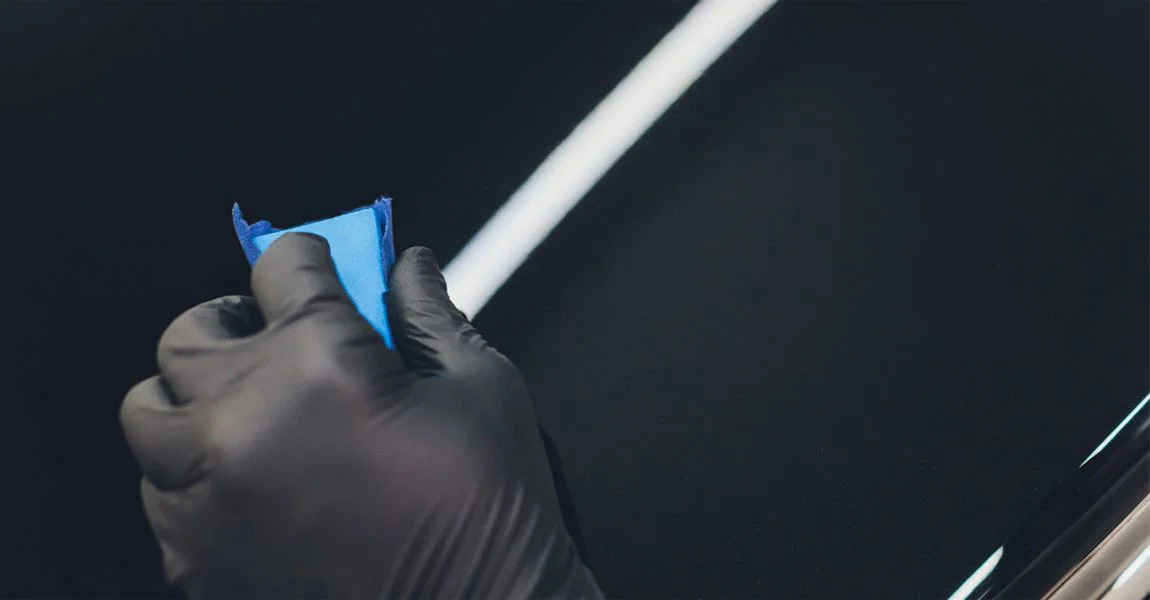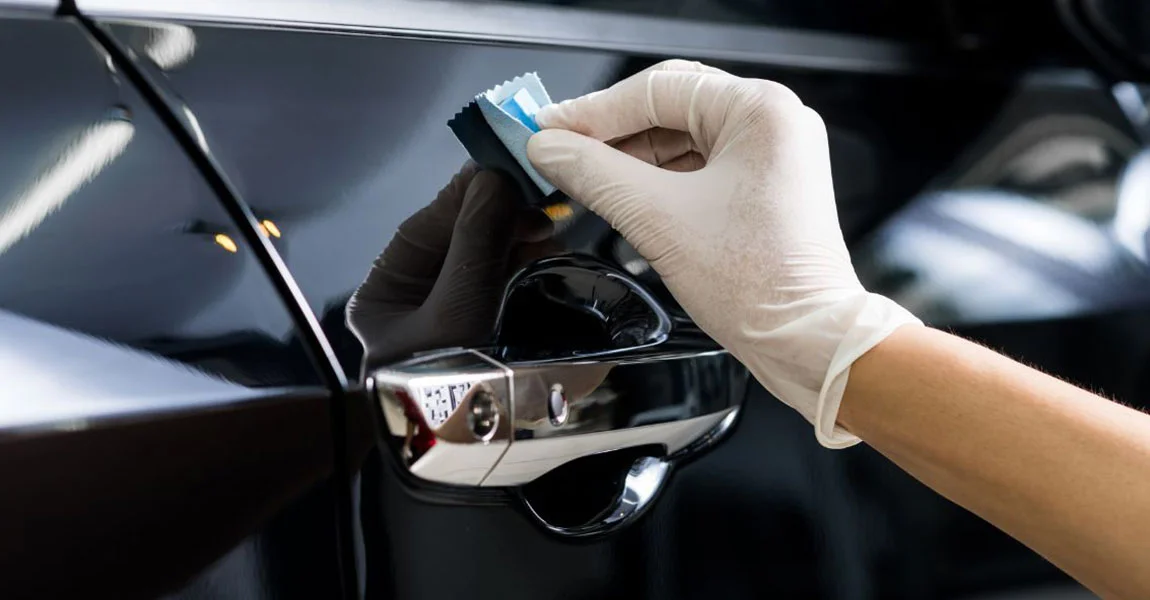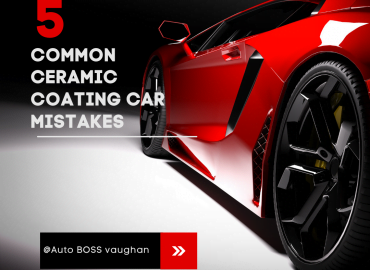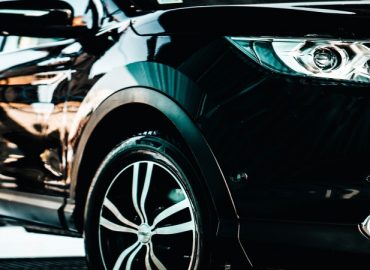The automotive industry has seen a significant evolution in paint protection products, and one of the most talked-about advancements in recent years is ceramic coating. Ceramic coatings have gained popularity for their promise of providing durable and long-lasting protection for a car’s paint. But is ceramic coating truly good for your car, or is it just another marketing gimmick? In this in-depth guide, I will explore the benefits, drawbacks, and considerations surrounding ceramic coatings to help you make an informed decision.
Ceramic Coating: An Overview
Ceramic coating, also known as nanocoating or quartz coating. It is a liquid polymer car owner that applies to the exterior of their vehicle. The term “ceramic” refers to the composition of the coating, which includes silicon dioxide (SiO2), among other ingredients. When properly applied and cured, ceramic coatings create a transparent, hydrophobic layer that bonds with the car’s paint and forms a protective barrier.
The Benefits of Ceramic Coating
Ceramic coatings come with multiple benefits, including:
Exceptional Paint Protection
One of the primary reasons car owners opt for ceramic coatings is their outstanding ability to protect a vehicle’s paint. Ceramic coatings create a hard, durable shell that can resist minor scratches, swirl marks, and environmental contaminants, including tree saps, bird droppings, tree sap, and road tar.
Hydrophobic Properties
Ceramic coatings are hydrophobic. It means they repel water and other liquids. The property makes it easier to clean your car. It prevents water spots from forming, especially in regions with hard water.
UV Protection
Ceramic coatings provide some level of UV protection. It reduces the risk of paint fading and oxidation caused by prolonged sun exposure. This feature helps maintain your car’s color and finish.
Enhanced Gloss and Depth
Ceramic coatings improve the gloss and depth of your car’s paint. It gives your car a sleek, showroom-like appearance. This effect can make your vehicle look newer for longer.
Longevity
Compared to traditional wax and sealant products, ceramic coatings offer more extended protection. While wax may need to be reapplied every few months, a ceramic coating can last for years with proper maintenance.
The Drawbacks and Considerations

Along with the advantages of nanocoating, there are some drawbacks and considerations, including:
Professional Application Required
The application of a ceramic coating is a complex and meticulous process. It requires professional expertise. DIY attempts often result in uneven coverage, streaks, and other issues. These issues may reduce the effectiveness of the coating.
Initial Cost
Ceramic coatings can be expensive, especially when applied by professionals. The cost varies depending on factors such as the size of the vehicle and the quality of the coating used.
Not a Miracle Solution
While ceramic coatings offer excellent protection, they are not invincible. They may not prevent major scratches or damage from accidents, and they won’t eliminate the need for regular cleaning and maintenance.
Maintenance Requirements
You must follow specific maintenance guidelines to ensure the longevity and effectiveness of a ceramic coating. It includes regular washing with pH-neutral soap, avoiding automatic car washes with abrasive brushes and periodic inspections for damage or wear.
Limited Self-Healing Properties
Some ceramic coatings claim to have self-healing properties, where minor scratches and swirl marks disappear over time. These coatings can mitigate such imperfections to some extent; they are not a guaranteed solution for deep or extensive damage.
Professional Reapplication
Over time, the effectiveness of a ceramic coating may diminish. To maintain optimal protection, you may need to have the coating professionally reapplied, which can incur additional costs.
Is Ceramic Coating Worth It?

The decision to invest in a ceramic coating for your car depends on several factors, including your budget, your car’s condition, and expectations. Here are some considerations to help you determine if ceramic coating is worth it for your vehicle:
- Newer Cars: Ceramic coatings are particularly beneficial for new or well-maintained vehicles with relatively flawless paint. Suppose you want to preserve your car’s factory finish and maintain a showroom-quality appearance. In that case, the ceramic coating may be worth the investment. Although coatings seem expensive at first, they save on cleaning and maintenance costs.
- Long-Term Ownership: If you plan to keep your car for several years, a ceramic coating can provide extended protection that may justify the initial cost.
- Driving Conditions: If your car is exposed to harsh environmental conditions, such as frequent rain, snow, or intense sunlight, a ceramic coating offers added protection against the elements.
- Time and Effort: Consider whether you’re willing to commit to the maintenance requirements of a ceramic coating, as neglecting proper care can reduce its effectiveness.
- Budget: Evaluate your budget and compare the cost of a ceramic coating to alternative paint protection options, such as traditional wax or paint sealants. Coating is the best alternative because it requires less frequent maintenance. The water floods down from the coated car and leaves no stains or marks behind. However, rainwater stays on the surface of other solutions. They require frequent wash, especially in the rainy season.
- DIY vs. Professional Application: If you’re skilled and confident enough in your ability to apply a ceramic coating yourself, it can be a more budget-friendly option. If you have no experience in coating, we don’t recommend doing it yourself. However, professional application often ensures better results.
Conclusion
Ceramic coating can be an excellent choice for car owners seeking long-lasting paint protection. It enhances aesthetics and reduces maintenance. While it comes with significant initial cost and maintenance requirements, many enthusiasts and meticulous car owners find the investment to be worthwhile.
Ultimately, the decision to use a ceramic coating on your car is based on your specific needs, preferences, and budget. Consider the age and condition of your vehicle. You’re driving habits and your commitment to maintenance when deciding whether this is the right choice to keep your car looking its best for years to come.




